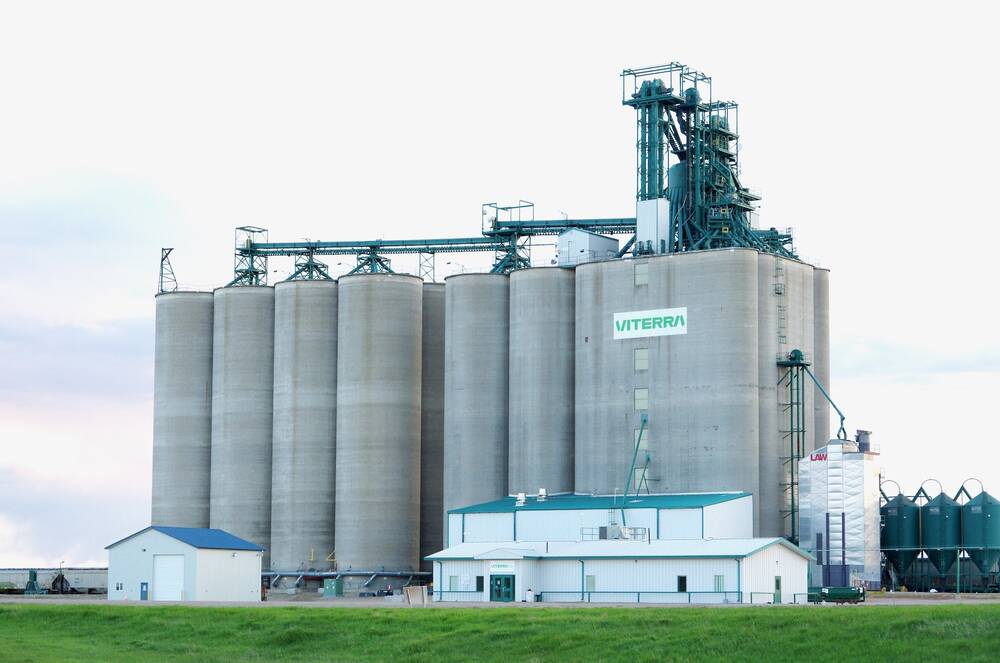Stakeholders react to Bunge-Viterra merger approval

Following the federal approval of Bunge’s acquisition of Viterra on Tuesday, Jan. 14, stakeholders made their voices heard in a wave of reactions to the controversial merger.
The acquisition of Regina-based Viterra by global agribusiness and food company Bunge has been in the works for some time, and the move has been met with concerns from the industry focused mostly on the long-term impact on grain market competition.
Read Also


USDA announces new interim rule for biofuel guidelines
The U.S. Department of Agriculture announced a new interim rule on Jan. 15, 2025 to aid production of biofuel feedstock crops as well as promote climate-smart agriculture.
A statement from Saskatchewan NDP Leader and agriculture and rural affairs shadow minister Carla Beck emphasized her disappointment in the announcement of the government approval.
“We’ve been clear since day one that this deal is bad for Saskatchewan. This large consolidation puts head office jobs, agriculture and value-added jobs across Saskatchewan and canola crush projects all at risk, and our world-class producers are going to take a hit on their incomes,” she said.
“The federal and provincial governments should not have rolled over and let this anti-competitive merger go through. They should have stood up for Saskatchewan, instead of selling it out.”
Grain Growers of Canada (GGC) also released a statement expressing frustration over the approval, which the GGC said could hit Canadian grain farmers with a loss of $770 million in revenue annually.
“This is a missed opportunity to protect competition in Canada’s grain sector and prioritize the interests of producers who grow the food that Canada and the world rely on,” GGC executive director Kyle Larkin said in a press release.
“We are urging the government to revisit these conditions, strengthen measures to foster competition, and take meaningful steps to support Canada’s grain farmers.”
The merger approval does come with conditions. Some of the conditions require Bunge to divest of six grain elevators in western Canada, invest at least $520 million in Canada in the next five years and retain Viterra’s head office in Regina for at least five years.
Agricultural Producers Association of Saskatchewan (APAS) President Bill Prybylski said that while he is cautiously optimistic that some producers’ concerns have been addressed with conditions on the transaction, he believes more can be done to support farmers and ensure a competitive marketplace for Canadian producers.
“The government’s decision has begun to address critical issues we’ve raised, particularly around the need for enhanced competitiveness and sustainability for farmers. However, achieving real progress requires these policies to move beyond initial promises towards practical and impactful outcomes,” Prybylski said in a statement on Wednesday.
“While we acknowledge the government’s efforts in addressing the concerns raised by Saskatchewan farmers in its decision, it is essential that these conditions are more than just words on paper. Farmers need real action that translates into enhanced competitiveness and sustainability in the grain industry.”
Canadian Federation of Agriculture President Keith Currie also voiced his frustration on the matter, adding that Bunge retaining its stake in G3 raises eyebrows about fairness in the marketplace.
“We need to ensure that, at a minimum, the conditions set around this deal are being met. Our concerns from the beginning were that this deal would not be in the best interests of farmers and the fact that Bunge has maintained its minority ownership stake in G3 certainly furthers those concerns,” Currie said.
“Unfortunately, at the end of the day, it is the farmers who will pay.”
Source: Farmtario.com

